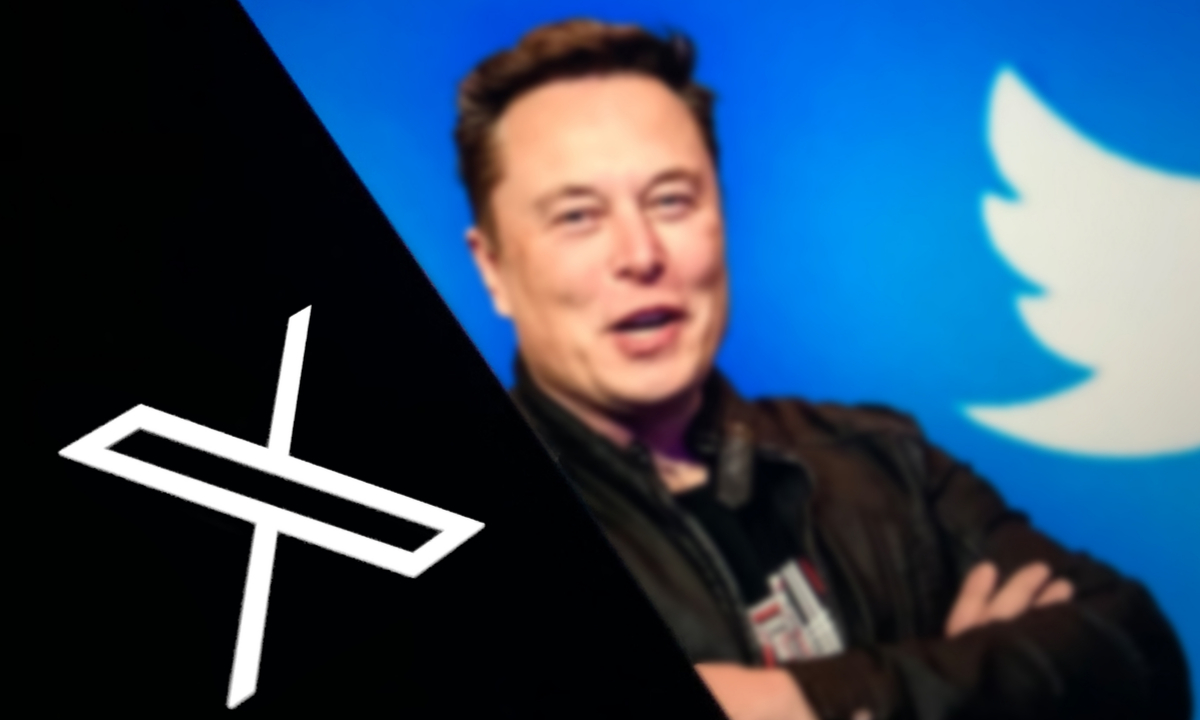
Billionaire Elon Musk is facing pushback from Republican lawmakers over his social media company X Corp.’s adoption of Global Alliance for Responsible Media (GARM) initiatives to establish “brand safety.”
The House Judiciary Committee launched a probe in May into the WFA and GARM, asking for records on the groups’ “coordinated efforts to demonetize and censor disfavored speech online” which may “violate US antitrust laws.”
The WFA and GARM pioneered a “suitability framework” and “brand safety floor” to classify “harmful content” in 11 areas and ensure they cannot be monetized. They also partnered with the Global Disinformation Index and the World Economic Forum in 2019 to address “harmful and misleading media, while protecting consumers and brands.”
While X announced this week they are now “following the GARM framework to increase its ‘brand security,’” and their “On X, people are free to be their true selves,” X and GARM have been criticized for their apparent contradiction of Musk’s “free speech absolutist” mantra.
Musk took over X in October 2022 vowing to make the platform a “free speech haven” after documents showing the company’s previous CEO deplatformed conservatives and “worked with Democrat special interests to censor free speech” were revealed.
Rep. Darrell Issa (R-CA) of the Judiciary Committee applauded Musk’s commitment to free speech while telling the Washington Examiner,”At its best, Elon Musk’s Twitter has supported free speech and free expression, while revealing the extent the company’s previous management deplatformed conservatives and worked with Democrat special interests to censor free speech it didn’t like.”
But President of the Internet Accountability Project and conservative watchdog Mike Davis saw it otherwise, telling the Washington Examiner, “The problem is the left-wing censorship cartel is getting its claws into Twitter.”
Related: Republican FCC Official Says Musk’s Twitter Buy Good For Competition
X recently partnered with Integral Ad Science to increase revenue despite brands leaving the platform. Integral Ad Science classifies “content on their behalfs” to ensure “the environment is brand safe and brand suitable for the advertiser.”
Musk, conscious of the ongoing investigation, has tried to deflect criticism away from X and GARM, even going so far as to file a lawsuit against the British group Center for Countering Digital Hate, which had claimed hate-speech spiked on X under his tenure.
In July, Musk said, “Free expression is fundamental to a healthy functioning global society — and if it’s taken away, it’s almost impossible to get back.”
Yet what he said appears to conflict with GARM’s set of rules for censoring “harmful content” including “extremist and/or terrorist materials,” “abusive or hateful language,” and “inciteful and/or violent messages.”
Whether GARM and X’s practices ultimately conflict with U.S. antitrust laws remains to be seen, but it appears that Musk and X’s currently approach to brand safety is coming under fire from Republicans on Capitol Hill.
Source: News Max
Featured News
Big Tech Braces for Potential Changes Under a Second Trump Presidency
Nov 6, 2024 by
CPI
Trump’s Potential Shift in US Antitrust Policy Raises Questions for Big Tech and Mergers
Nov 6, 2024 by
CPI
EU Set to Fine Apple in First Major Enforcement of Digital Markets Act
Nov 5, 2024 by
CPI
Six Indicted in Federal Bid-Rigging Schemes Involving Government IT Contracts
Nov 5, 2024 by
CPI
Ireland Secures First €3 Billion Apple Tax Payment, Boosting Exchequer Funds
Nov 5, 2024 by
CPI
Antitrust Mix by CPI
Antitrust Chronicle® – Remedies Revisited
Oct 30, 2024 by
CPI
Fixing the Fix: Updating Policy on Merger Remedies
Oct 30, 2024 by
CPI
Methodology Matters: The 2017 FTC Remedies Study
Oct 30, 2024 by
CPI
U.S. v. AT&T: Five Lessons for Vertical Merger Enforcement
Oct 30, 2024 by
CPI
The Search for Antitrust Remedies in Tech Leads Beyond Antitrust
Oct 30, 2024 by
CPI